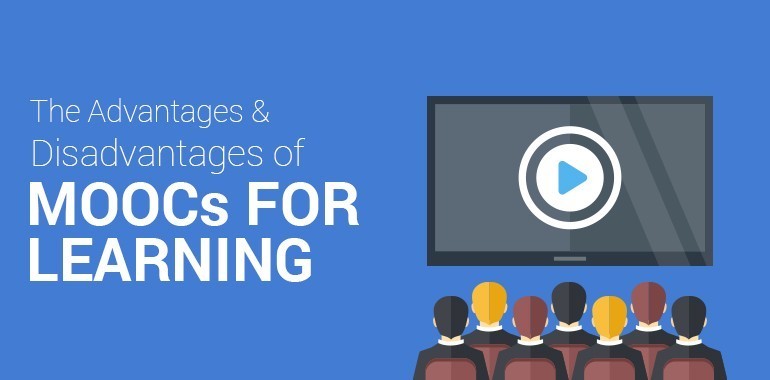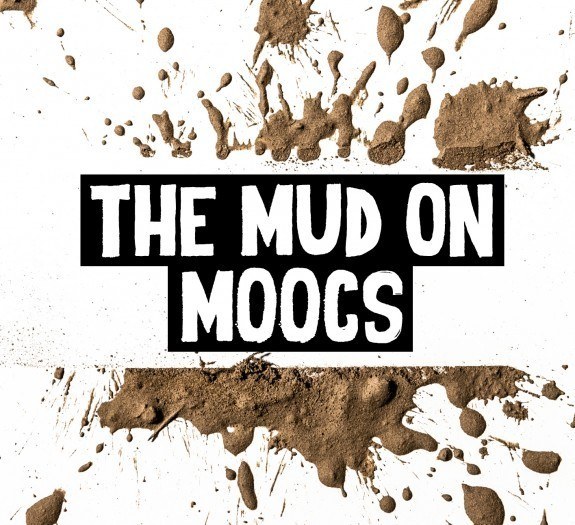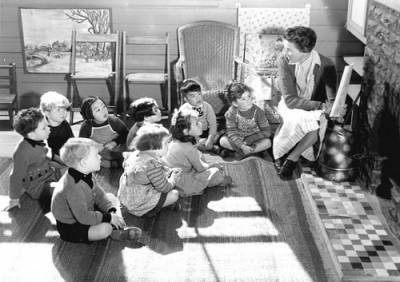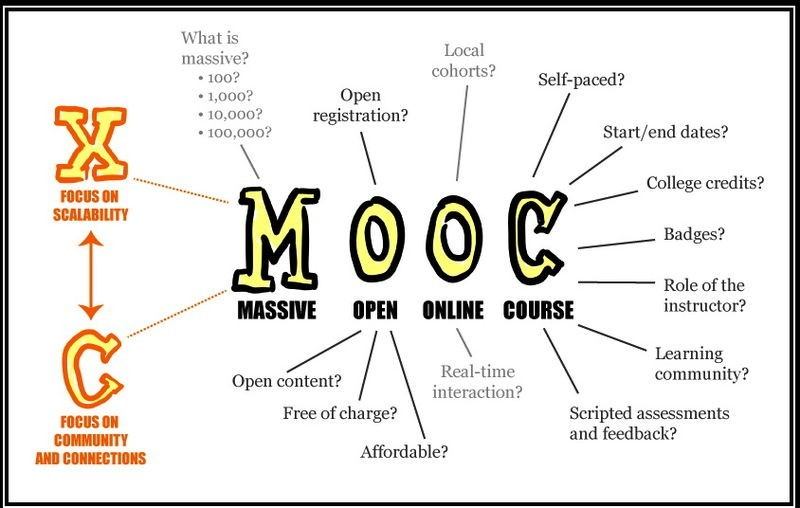Search for...
#moocs Bookmarks
Published Bookmarks
 Daring to learn how to learn
Daring to learn how to learn
A study of over 100,000 online learners finds that learning is a skill in itself that involves being prepared to take a risk, engaging with peers and having an independent streak.
 Getting to Grips with MOOCs
Getting to Grips with MOOCs
Donald H Taylor’s recently updated blog on MOOCs inspired me to write about what we’re doing with MOOCs in the Diplomatic Academy.
 The Advantages and Disadvantages of MOOCs for Learning
The Advantages and Disadvantages of MOOCs for Learning
Massive Open Online Courses, or MOOCs, are online courses that allow participants free access and unrestricted participation to any course of their choice.
 7 eLearning and Ed Tech Trends You Must Try - eLearning Brothers
7 eLearning and Ed Tech Trends You Must Try - eLearning Brothers
The growth of technology continues to gallop forward, and the world of eLearning is no exception. Check out this list of trends and add to it if you can.
 The Mud on MOOCs
The Mud on MOOCs
Don't you think it is about time to learn what a MOOC is? This eLearning tip will help you answer your questions about MOOCs and what they are used for.
 New Technologies Making MOOCs Even Better
New Technologies Making MOOCs Even Better
The expanding use of technology is making the MOOC experience even better
 Let's get rid of the instructors!
Let's get rid of the instructors!
For the sake of argument I’m willing to pretend that xMOOCs are devoid of constructivist empowerment. I acknowledge that many MOOCs do replicate olde worlde instructivism, at least in part.
And here’s where I propose something counter-radical: Sometimes that’s a good thing.
And here’s where I propose something counter-radical: Sometimes that’s a good thing.
 What Should we Learn from Thrun’s ‘Pivot’ and Coursera’s New Wave of Funding - Official WizIQ Teach Blog
What Should we Learn from Thrun’s ‘Pivot’ and Coursera’s New Wave of Funding - Official WizIQ Teach Blog
With many critics prophesying the early doom of MOOCs, there are some things to learn from some recent happenings in the market. Read ahead to find out what it is.
 12 Reasons Why MOOCs Will Change the World
12 Reasons Why MOOCs Will Change the World
While not yet proven, a new learning trend that has caught my eye is MOOCs, which stands for “massively open online courses.” What is striking about MOOCs is that they involve some of the nation’s most prestigious educational institutions and their star professors.
Submit Bookmark





